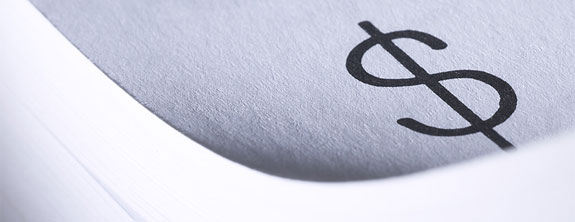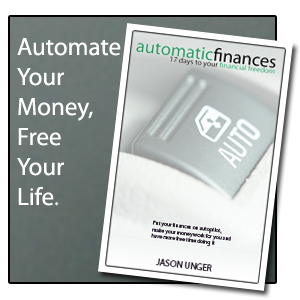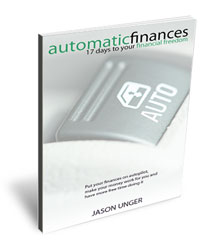
Today’s guest post comes from Alanna Ritchie, who tackles an important subject – debt – with a slightly different take than what we normally preach. In the spirit of open ideas and conversation, enjoy this read.
The freedom that accompanies financial independence is priceless. Gaining that freedom comes with certain responsibilities, including managing the debt we may accrue along the road. The good news is certain types of debt can be beneficial, assisting us in becoming people who control our finances, rather than people controlled by our finances.
Responsible debts can be utilized in these three areas: Improving your ability to develop in your career path, increasing future access to capital and allowing you to one day purchase a home.
Student Loans
Acquiring a college education requires most people to take on at least a small amount of debt. Debt for education has purpose as an investment in your career and income potential. The money you pay a university today is money you hope to reap in jobs tomorrow.
Joining the ranks of student borrowers can be a scary step, as the news is ripe with stories about the $1 trillion in student debt carried by U.S. consumers. However, as you decide your career field and what college you’ll attend, you have the ability to choose less traditional and less expensive routes such as attending technical schools or community college.
You can borrow, but do it conservatively. For example, try combining a smaller student loan – which will be easier to pay off in the future—with income from other sources. This could mean working part-time while in school, using money from a 401(k), or selling annuity payments.
Student loan debt is unlike other loans, as the federal government and some private lenders offer special programs with reasonable terms like low interest rates and various time frames for paying off student loans.
Building Credit
Another form of debt that can be beneficial — when managed strategically and carefully — is credit card debt. As long as certain precautions are taken, a positive credit card history can be used to leverage future financial actions.
If you are just starting out and don’t have a strong banking history or if you have some blemishes in your past spending habits, using a secured credit card, which requires a deposit and has a low credit limit, can be a way to show lenders your ability to properly handle credit.
With either a secured or unsecured credit card, protect your credit score by paying bills on time, avoiding carrying a balance from month to month and keeping your ratio of available credit-to-debt low. You will earn the ability to use more credit in the future and receive lower rates for everything from financing a vehicle to taking out a small business loan or buying a home.
Buying a Home
Purchasing a home is a major investment and huge accomplishment that often requires debt. Mortgage debt, however, provides access to a long-term residence and also may be sold for a profit in the future, making it a wise choice for many.
If possible, make a significant down payment — about 20 percent — to lower your monthly mortgage payment. Part of using debt to your advantage requires saving so that major payments, like a mortgage, are made with a foundation of a down payment. The down payment will help lower the amount you owe each month.
Think of responsible debt as an investment in your future. Where do you want to take your career? What major purchases will you face? Where do you hope to live one day? Debt can be an asset that will allow you to take steps that would otherwise be unaffordable.
Alanna Ritchie is a content writer for Annuity.org, where she writes about wealth management and little smart ways to spend (and save) money. Alanna has an English degree from Rollins College.



